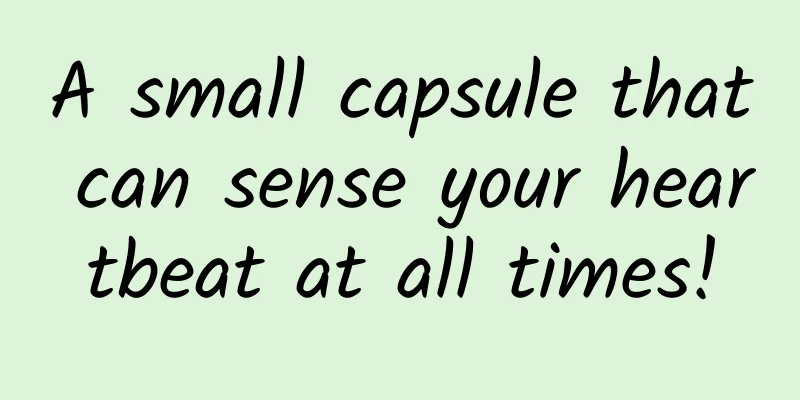[Medical Q&A] Can kidney disease cause high blood pressure?
![[Medical Q&A] Can kidney disease cause high blood pressure?](/upload/images/67f0e3b673633.webp)
|
Author: Cai Jun, Chief Physician, Fuwai Hospital, Chinese Academy of Medical Sciences Reviewer: Wang Fang, Chief Physician, Beijing Hospital Yes, kidney disease may cause high blood pressure! Some high blood pressure can be clearly identified, which is called secondary hypertension. Renal hypertension is a common type of secondary hypertension. It is high blood pressure caused by kidney disease, such as acute or chronic glomerulonephritis, chronic pyelonephritis, kidney stones, polycystic kidney, renal artery stenosis, etc., which can all cause high blood pressure. If you suspect that high blood pressure is caused by kidney disease, you need to have a careful examination. This includes testing blood urea nitrogen and creatinine, converting the glomerular filtration rate (GFR) to evaluate renal function; testing urine for microalbuminuria to reflect the severity of renal damage and monitor the progression of renal damage; for patients with reninoma, you also need to test the level of renin expression; for renal vascular hypertension with renal artery stenosis, imaging examinations are also required. Of course, the specific examination methods should be selected by the doctor based on the specific situation of the patient. In terms of treatment, a comprehensive treatment plan should be formulated for the treatment of renal hypertension, including lifestyle adjustments, medications, surgery, etc. For example, get rid of bad habits such as smoking, alcoholism, and staying up late to eliminate their effects on physical health. In terms of drug treatment, when choosing antihypertensive drugs, the first choice is drugs that cause less damage to renal function, such as captopril, enalapril, losartan, valsartan, etc.; if renal function is impaired, nifedipine, furosemide, etc. can be used. Antihypertensive drugs usually start at a low dose. If a single drug cannot bring blood pressure to the standard, combination therapy should be actively used. In addition, for different kidney diseases, such as pyelonephritis, kidney stones, polycystic kidney disease, renal artery stenosis, etc., corresponding drug or surgical treatment should also be carried out. |
<<: High myopia is not just myopia? It is hereditary! It can cause many complications!
Recommend
Does medical abortion require intravenous drip?
Inflammation is likely to occur after medical abo...
What causes a red nose during pregnancy?
If your nose gets red during pregnancy, it's ...
Is curettage necessary for IUD removal?
In the life of both sexes, contraception is usual...
Hot search number one! Guangdong has ushered in a new peak of influenza A epidemic! How to prevent it?
Recently, Guangdong has experienced a new peak in...
Does ovulation occur alternately between the left and right ovaries?
The uterus and ovaries are very important for fem...
How many days does breastfeeding pain usually last?
Many children have to go through a lot from the n...
Woman can't hold back her urination on the street
Many women like to go shopping and buy things all...
What is vaginal candidiasis during pregnancy?
Gynecological diseases among female friends are s...
Why is Lhasa the Sun City? What is the altitude of Lhasa?
Lhasa is an international tourist city with plate...
Can I eat mung beans during menstruation?
The menstrual period every month is a very import...
What are the best treatments for breast hyperplasia?
In real life, breast hyperplasia is a common brea...
Do I need to be tested before getting the HPV vaccine?
With the development of medicine, more and more v...
What kind of blood orange is good? How to eat blood orange
Blood oranges can be eaten directly after peeling...









